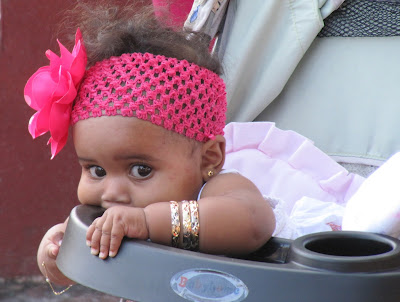by Bradley Bernarde.
 I had always wanted to write a novel set in the Regency period, mainly because my admiration for Jane Austen, and her remarkable talent, was combined with an intense interest in the late eighteen and early nineteenth centuries, when women were, very slowly, becoming more prominent, especially in the world of literature.
I had always wanted to write a novel set in the Regency period, mainly because my admiration for Jane Austen, and her remarkable talent, was combined with an intense interest in the late eighteen and early nineteenth centuries, when women were, very slowly, becoming more prominent, especially in the world of literature. As early as 1750, Hannah More, Elizabeth Montagu and Elizabeth Carter, were holding literary discussions, while later in the century Mary Wollstonecraft’s A Vindication of the Rights of Women, championed educational equality for women. I have always believed that these efforts, combined with those of other equally talented women, would have helped us achieve advancement, had the Prince Regent’s daughter, Princess Charlotte succeeded to the throne, rather than his niece Victoria. Many of the books written by these determined women, often under pseudonyms, can now be viewed at Chawton House, which has an expansive library of Women’s Fiction up to 1830. The house is, of course, situated not far from the Jane Austen Museum, in the village of Chawton, a building I have visited many times.
I had a vague idea for my plot, and the stirrings of inspiration intensified during an afternoon stroll near Gray’s Inn, when I encountered some workmen widening part of a side road. Seeing my interest, one of the men explained that they had dismantled a very narrow passage running alongside, in order to make a wider thoroughfare. Any shops in the street had fallen into disrepair, and been pulled down, but one of them had, apparently, been very old because, my informant told me, it had had bow windows. As I watched the men working, I imagined the small, squat shop, its bulging windows full of goods unrecognisable to the modern eye, and realised that my story was beginning to take shape.
When, at last, I continued walking, I found myself in Gray’s Inn, just as the occupants of the various offices were leaving at the end of a working day. There were a number of men and women, all carrying the obligatory laptop, and I noticed one girl in particular, as she appeared younger than the others. Although immaculately dressed and groomed, there was a certain element of vulnerability about her; especially when, instead of joining her companions, she appeared to excuse herself and hurry away. With that strange perception that sometimes hit fiction novelists mentally, I knew I had found my heroine but, despite her vulnerability, she still exuded too much self-possession for a Regency girl.
 |
| Jane Austen's final dwelling in Winchester |
Having decided on the plot I launched into the research, which was fascinating. Guildhall Library displayed numerous charts and maps of Regency London; not to mention numerous copies of The Times circa 1816, while Chelsea Library’s many books on period costumes were invaluable in dressing my characters. I enjoyed writing the book immensely because, in a vicarious sort of way, I joined my heroine in her travels and experiences and enjoyed them as much, I hope, as she did.
Bradley Bernade is a member of The Society of Authors, the SWWJ and the Emile Zola Society. Her novel, Twelve Days to Dream, will be released later this year, published by SCRIPTORA.















